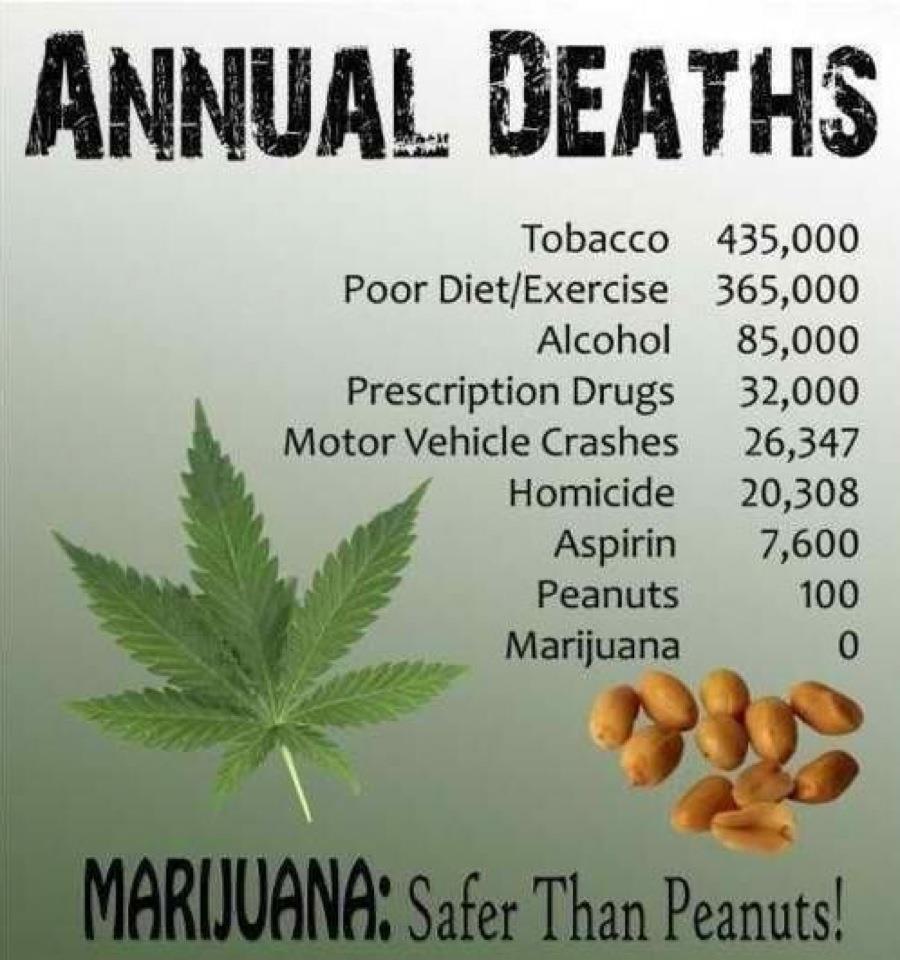Investigators analyzed data from a nationwide survey on alcohol and drug use.
Those who report consuming cannabis two or three times per week are less likely to engage in at risk drinking behavior, according to data published online in The American Journal of Addictions.
Investigators from Sweden’s Lund University, Department of Clinical Sciences, analyzed data from a nationwide survey on alcohol and drug use conducted by the National Institute of Public Health. Over 22,000 respondents between the ages of 15 and 64 participated in the survey.
Researchers reported that frequent cannabis consumers (defined as having used cannabis two or three times per week) were less likely to engage in hazardous drinking practices compared to infrequent users (those who reported having consumed cannabis fewer than four times per month).
They concluded: “In the present study, it has been shown that, in the Swedish general population, cannabis use is associated with a higher prevalence of other illicit drug use and hazardous alcohol use. Among cannabis users, frequent cannabis use is associated with a higher prevalence of other illicit drug use and a lower prevalence of hazardous alcohol use when compared to occasional cannabis use. … … The inverse relationship between the frequency of cannabis use and hazardous drinking has not been reported before to our knowledge. … This may indicate that cannabis users and alcohol users are different groups, albeit with a high degree of overlap between groups, with different characteristics and clinical needs.”
A review paper published in February in the journal Alcohol and Alcoholism similarly acknowledged that some cannabis consumers likely substitute the plant for alcohol. It concluded: “While more research and improved study designs are needed to better identify the extent and impact of cannabis substitution on those affected by AUD (alcohol use disorders), cannabis does appear to be a potential substitute for alcohol. Perhaps more importantly, cannabis is both safer and potentially less addictive than benzodiazepines and other pharmaceuticals that have been evaluated as substitutes for alcohol.”
An abstract of the study, “Alcohol and drug use in groups of cannabis users: Results from a survey on drug use in the Swedish general population,” appears here.
This article first appeared on the NORML Blog.

